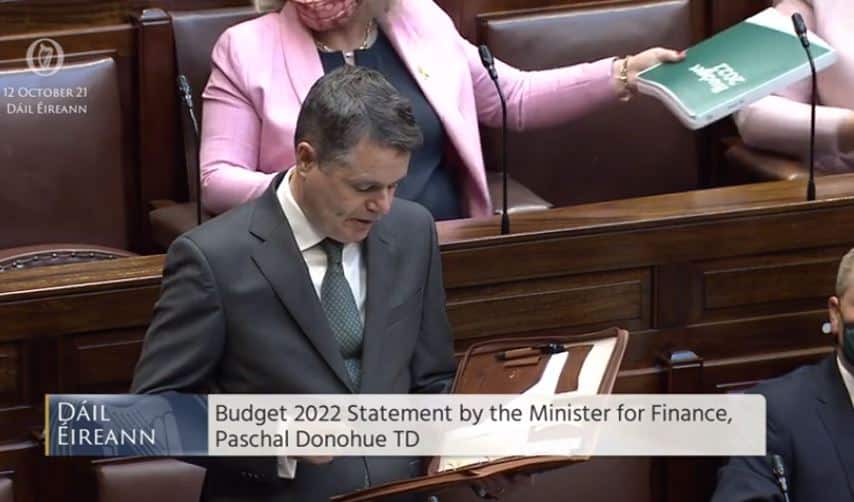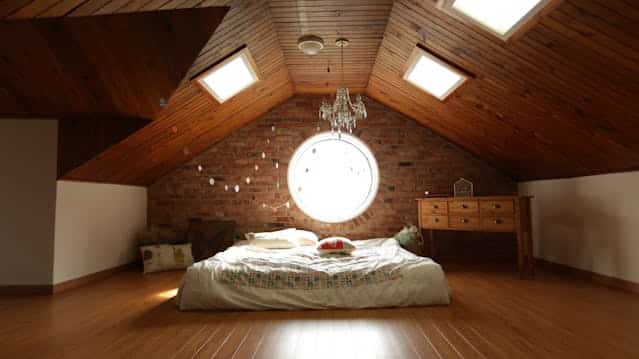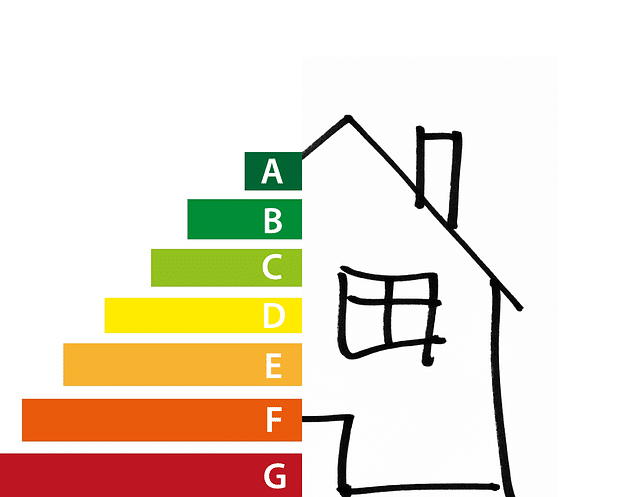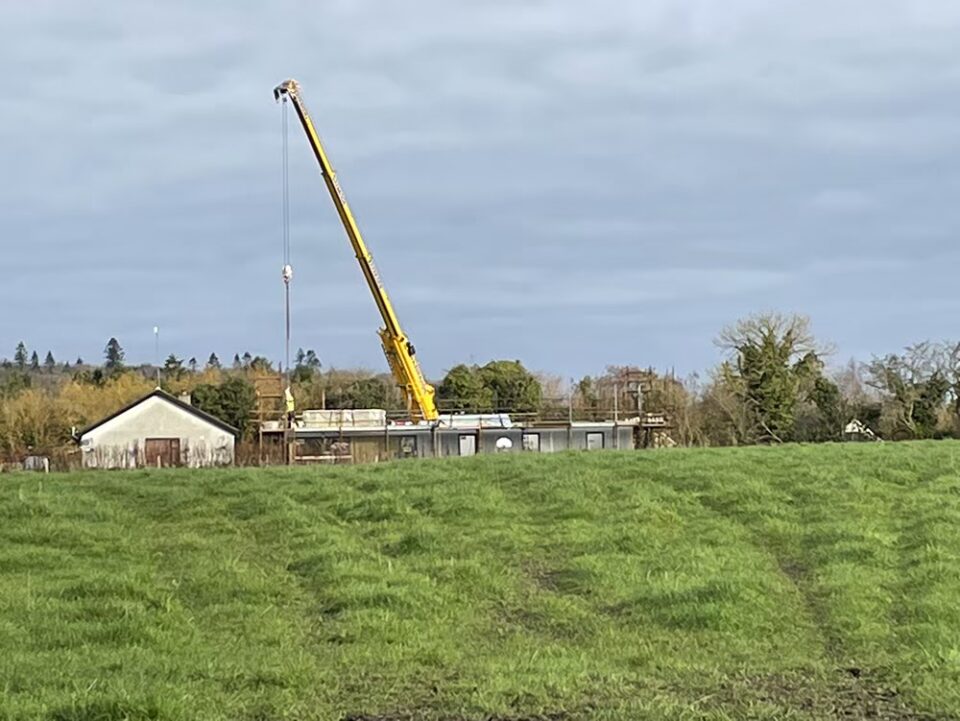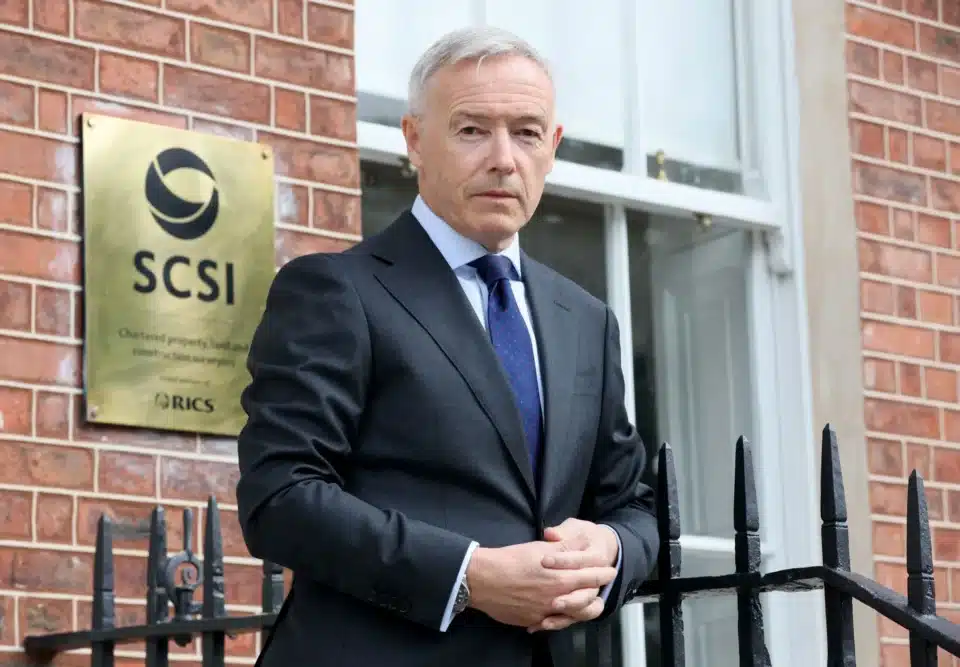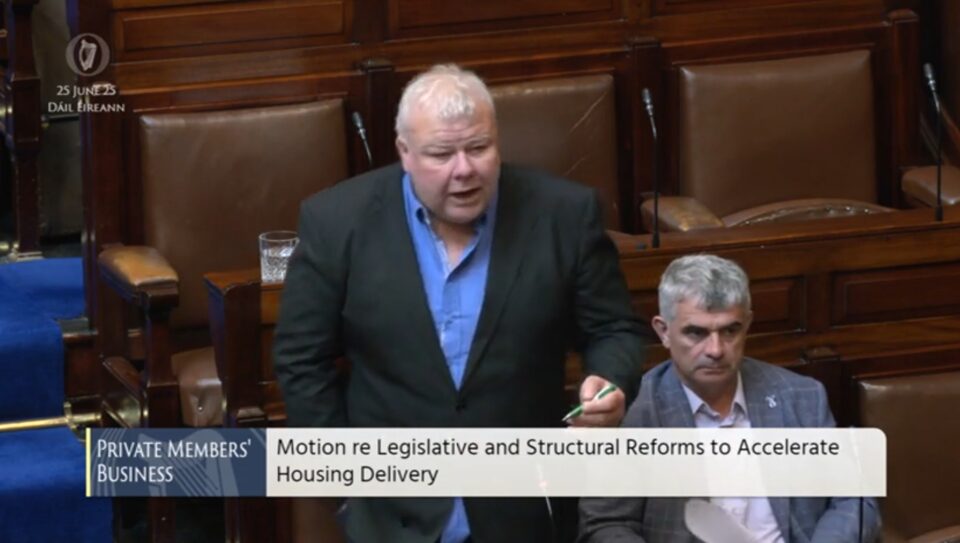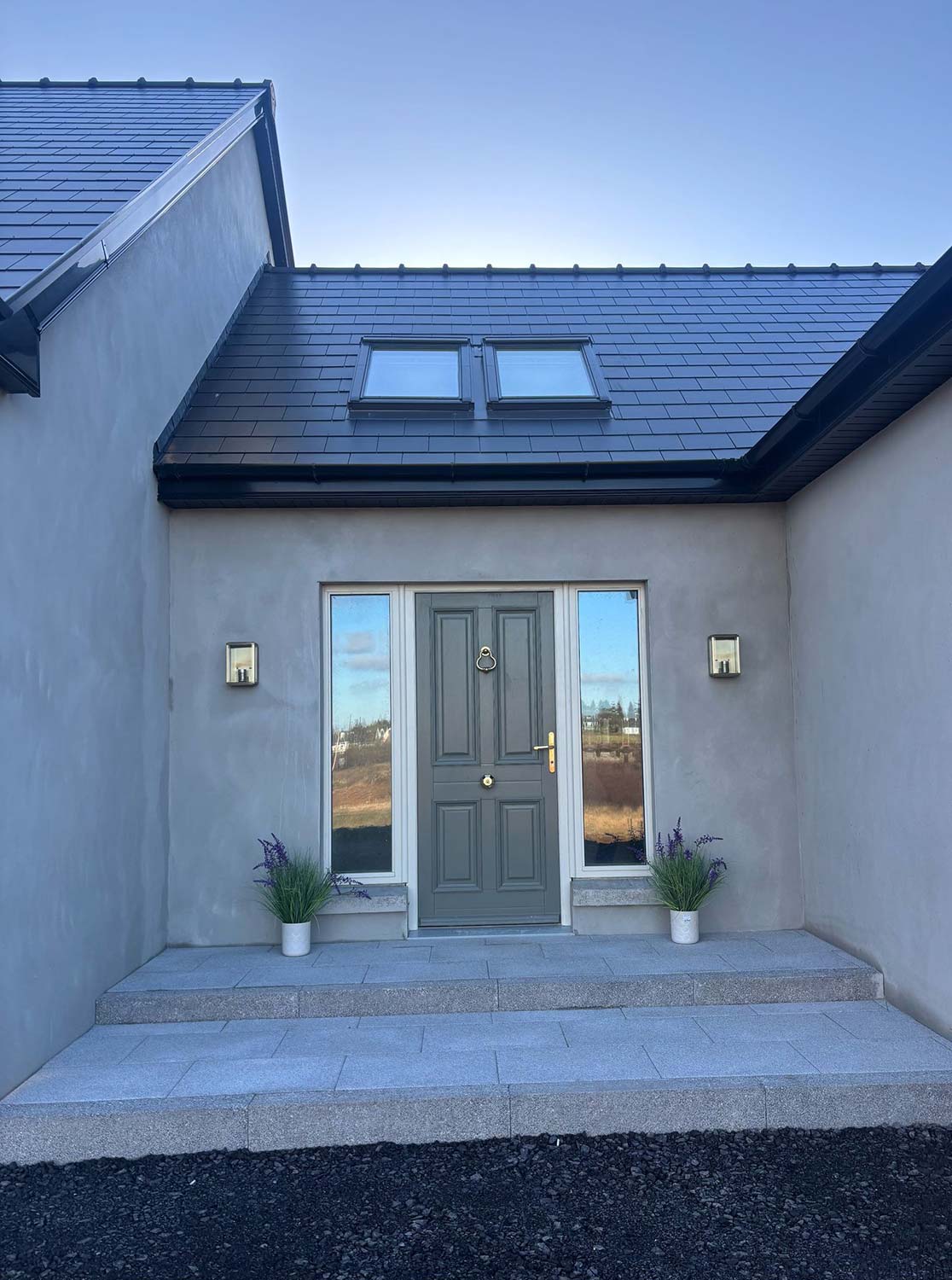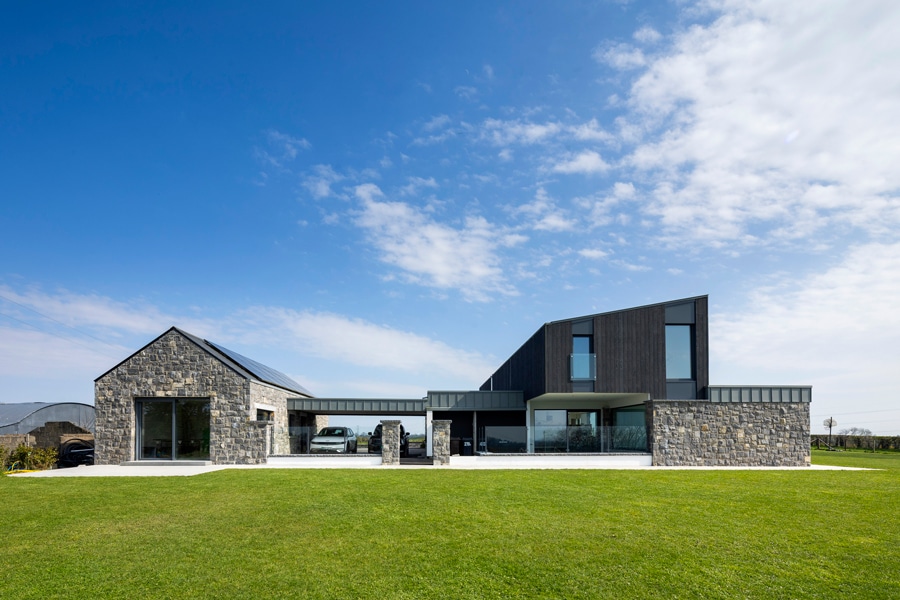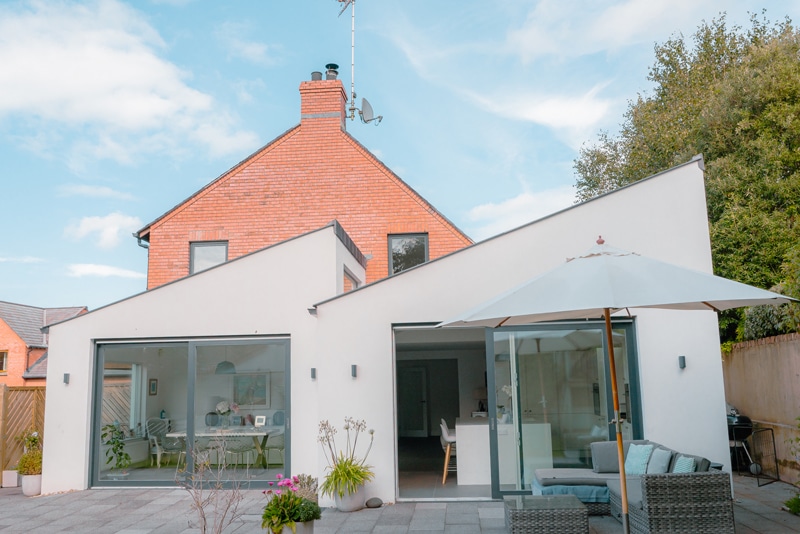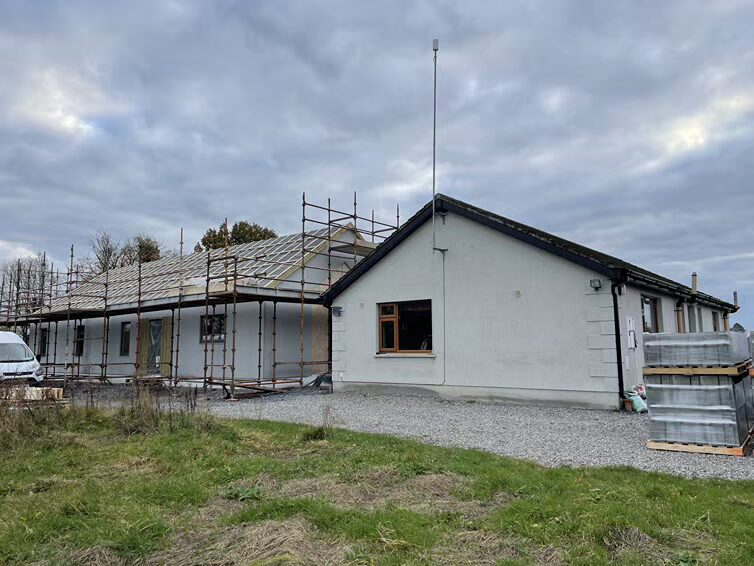Help to Buy
The government has yet again extended the Help to Buy tax break to help first time self-builders put down a deposit to build their home; first time buyers of existing properties are also eligible. The support will continue until the end of end 2022 at the current rates.
PV subsidies
There will also be more investment from government to help existing homeowners, whose home was built before 2011, to install photovoltaic (PV) panels to generate electricity.
The €10 million allocated to the Solar PV Scheme for 2022 is aimed at encouraging the installation of domestic rooftop equipment. The scheme has been operating on a pilot basis up to now.
The budget says this allocation will provide for an increase in grant applications, as part of the transition to the proposed Microgeneration Support Scheme. In 2018, the MSS was meant to introduce a means to pay homeowners for the excess electricity they export back to the grid.
The introduction of such a feed in tariff was then meant to happen this summer, and the budget now refers to it again by introducing the following tax break:
“A tax disregard (€200) is being introduced in respect of personal income received by households who sell residual electricity that they generate back to the grid,” reads the Budget 2022 Tax Policy Changes document.
New sewage services for rural sites
The budget also made provisions for a new programme for villages and settlements not on the Irish Water network, as published in the Expenditure Report 2022.
This will allow Irish Water to invest in wastewater services in areas not earmarked in its capital investment plan.
“Complementary to Irish Water’s Programme, the Department is currently examining waste water requirements in the context of villages and settlements that do not have public waste water infrastructure,” a spokesperson for the Department of Housing told Selfbuild.
“Minister Darragh O’Brien has instructed the relevant officials in the Department to prepare a report on this topic at national level. This report will include the analysis of a baseline survey of all rural local authorities to quantify and qualify the number of villages and settlements concerned. This process is at an advanced stage, and Minister O’Brien will be in a position to consider the matter further in relation to these villages and similar settlements, as identified in the survey, once he has received the final report.”
Cheaper loans
A “new low-cost loan scheme” for residential retrofitting will be introduced, presumably in addition to the current One Stop Shop offering.
This part-exchequer and part-EU funded scheme will enable credit institutions to offer loans at reduced interest rates “making energy upgrades more affordable”.
Meanwhile the carbon tax increased by €7.50, from €33.50 to €41 per tonne of carbon dioxide emitted. This applies from budget night for auto fuels and 1 May 2022 for heating and other fuels.

